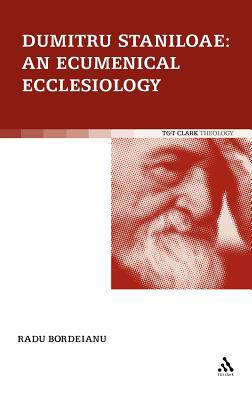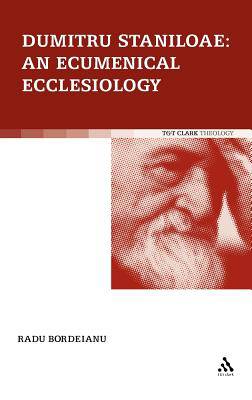
Door een staking bij bpost kan je online bestelling op dit moment iets langer onderweg zijn dan voorzien. Dringend iets nodig? Onze winkels ontvangen jou met open armen!
- Afhalen na 1 uur in een winkel met voorraad
- Gratis thuislevering in België vanaf € 30
- Ruim aanbod met 7 miljoen producten
Door een staking bij bpost kan je online bestelling op dit moment iets langer onderweg zijn dan voorzien. Dringend iets nodig? Onze winkels ontvangen jou met open armen!
- Afhalen na 1 uur in een winkel met voorraad
- Gratis thuislevering in België vanaf € 30
- Ruim aanbod met 7 miljoen producten
Zoeken
Omschrijving
Widely considered the most important Orthodox theologian of the twentieth century, Dumitru Staniloae (1903-1993) contributed significantly to an ecumenical understanding of these themes. Because of his isolation by the Romanian Communist regime, his work still awaits its merited reception, especially given its potential contribution towards Christian unity. In Staniloae's understanding the Church is a communion in the image of the Trinity. Because there is a continuum of grace between the Trinity and the Church, the same relationships that exist among trinitarian persons are manifested in creation in general, and the Church in particular. In this way, the Trinity fills the world and the Church, determining their mode of existence. Intratrinitarian relationships are manifested in the relationships between humankind and non-human creation, the Church and the world, local and universal aspects of the Church, clergy and the people, and among various charisms.
Specificaties
Betrokkenen
- Auteur(s):
- Uitgeverij:
Inhoud
- Aantal bladzijden:
- 240
- Taal:
- Engels
- Reeks:
Eigenschappen
- Productcode (EAN):
- 9780567334817
- Verschijningsdatum:
- 1/12/2011
- Uitvoering:
- Hardcover
- Formaat:
- Genaaid
- Afmetingen:
- 155 mm x 234 mm
- Gewicht:
- 521 g

Alleen bij Standaard Boekhandel
+ 458 punten op je klantenkaart van Standaard Boekhandel
Beoordelingen
We publiceren alleen reviews die voldoen aan de voorwaarden voor reviews. Bekijk onze voorwaarden voor reviews.











